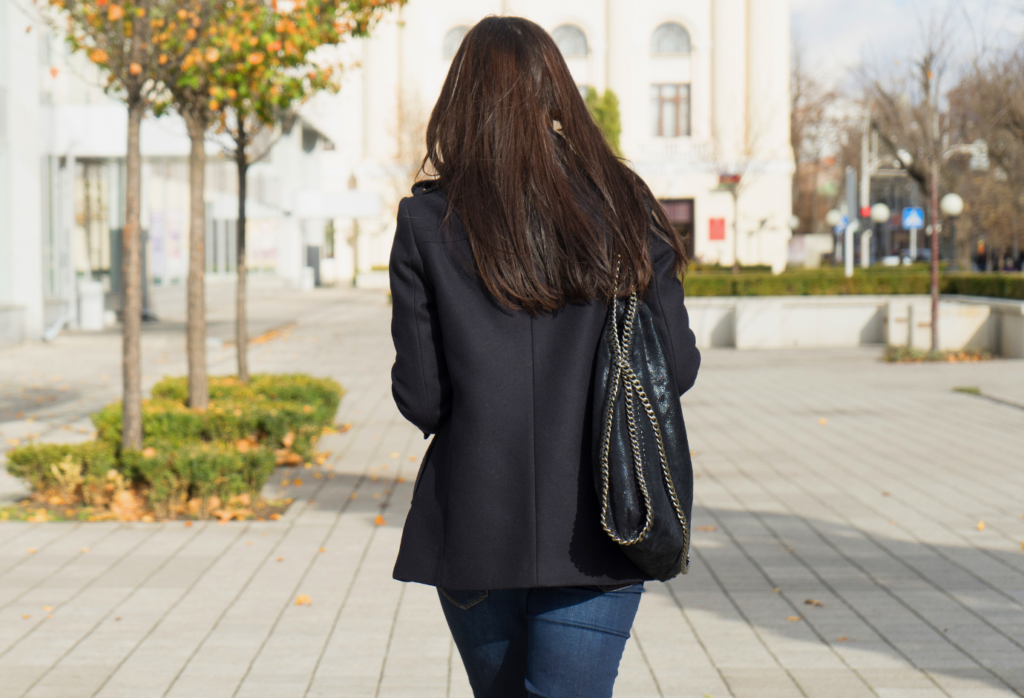Most young women aged 18-28 perceive sexual assault as “inevitable”, a startling landmark study by the Young Women’s Alliance (YWA) has revealed today.
The study collected more than 3,000 responses from young Australians over two years, revealing that a quarter of young women cite gender-related issues for their mental health concerns.
Almost 40 per cent of young women reported having experienced sexual harassment in the workplace, while the same number said their gender has limited their ability to achieve their professional goals.
“In any professional environment as a woman, I feel like I need to have extra credentials to be taken seriously,” one responder revealed.
The findings unveiled the dissatisfaction felt by young women across all areas of their lives, including educational institutions, healthcare settings, professional goals and financial literacy.
One young woman surveyed said: “At work as a woman, I’m constantly aware of acting a certain way, so I’m not seen as dressing too revealing or coming off too strongly on other people, so I’m palatable and likeable. All the time through my mind.”
Over 80 per cent of young women in the national survey said they wanted the government to support them with the cost of living crisis and affordability, while over three quarters said they would be likelier to support a politician who explicitly addressed gender issues.
Founder & CEO of YWA, Rizina Yadav said the research exposes the deeply rooted gender disparities that continue to shape the experiences of young Australian women.
“Despite a narrative of progress, and backlash that feminism has gone too far, women’s real lives and experiences are harrowing,” Yadav said. “[Young women] need support, and they are asking the government to provide it.”
DFSV (Domestic, Family and Sexual Violence) victim survivor Anna Zhang agreed, saying, “Young women across Australia are struggling. Rigorous research is not just important—it’s imperative to unlock solutions, inform policy, and empower a generation facing obstacles in rapidly changing times.”
YWA’s latest research assessed young women’s perceptions of their education, career, finances, political agency, relationships, self-esteem and gender-based violence.
Across various life areas, these women continue to be significantly disadvantaged by their gender, especially those from rural and regional Australia.
Almost half of women in remote or regional areas said they lacked financial literacy, while just over thirty per cent of women living in metropolitan cities claimed to feel this way.
Over 40 per cent of women living in remote or regional areas said they had experienced sexual harassment in the workplace.
“Rural young people hardly have any career opportunities and our sense of what is possible is so limited, we just don’t know,” one young woman said during the research. “I think sometimes that isn’t talked about very much.”
Another rural resident said that attitudes towards women and girls were extremely sexist. “It was just ‘somebody’s a slut, somebody’s a prude, somebody’s a numb.’ And that’s it. That’s all you can be,” she said.
Almost 30 per cent of young women said they believed their educational experiences had been disadvantaged by their gender. In some incidents, they reported teachers and professors discriminating against them for their gender.
The discrimination was not exclusive to the classroom. In medical contexts too, women are facing sexist attitudes, with the report finding that healthcare professionals take men’s issues or pain more seriously than women’s.
The study also revealed the startling blindspots many young Australian men have regarding the reality of gender inequalities.
More than fifty per cent of men surveyed considered Australian society to be gender-equal, while more than 60 per cent believed that being a man did not confer them any extra privileges.
Rizina Yadav hopes the government will consider the policy recommendations made in the report and assess the proposed intervention programs to ensure a more equitable future for all young Australians.
“The report includes justifications for customised policy across Australia’s marginalised cohorts,” Yadav said.
“It’s imperative that policymakers take immediate and decisive action to address the issues that young women continue to face in 2024.”
Hannah Ferguson, founder and CEO of Cheek Media, believes that young women are often spoken about in public but rarely asked about their experiences in meaningful ways.
“The most powerful members of our society must spend more time listening to the voices of young women in order to make effective change,” Ferguson said. “This research provides the tools, the blueprint, delivered directly from the source: young people.”
The report made four key recommendations: funding for YWA to provide essential services tailored to young Australians’ needs; a targeted tutoring program for low-income children for low-income primary school students; a private-sector backed platform promoting Gender Justice; and equalising Paid Parental Leave (PPL).
Currently, male parents account for only 12 to 14 per cent of all paid primary carer’s leave taken, according to the latest WGEA research. The YWA report recommends increasing the PPL rate to 100 per cent of average weekly earnings for men who take at least 40 per cent of the total leave. It also believes that introducing an 8-week “use-it-or- lose-it” provision exclusively for fathers will address the current low uptake of PPL by male parents.
Rizina Yadav is urging governments to address these issues appropriately through the recommendations.
“The recommendations proposed in this report need to be taken seriously, as a means to drive measurable progress on gender justice in Australia,” she said.
Honorary Associate Professor at the ANU and supporter of YWA, Sally Moyle, said the latest research will be a useful resource for policy makers to determine outcomes for young people over the coming decades.
“If we are to address the looming crises of climate change, inequality, and geopolitical challenges, we need to listen to young people now, and action the recommendations they make,” she said.


